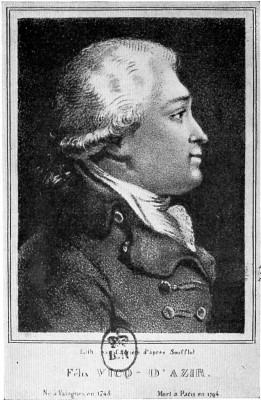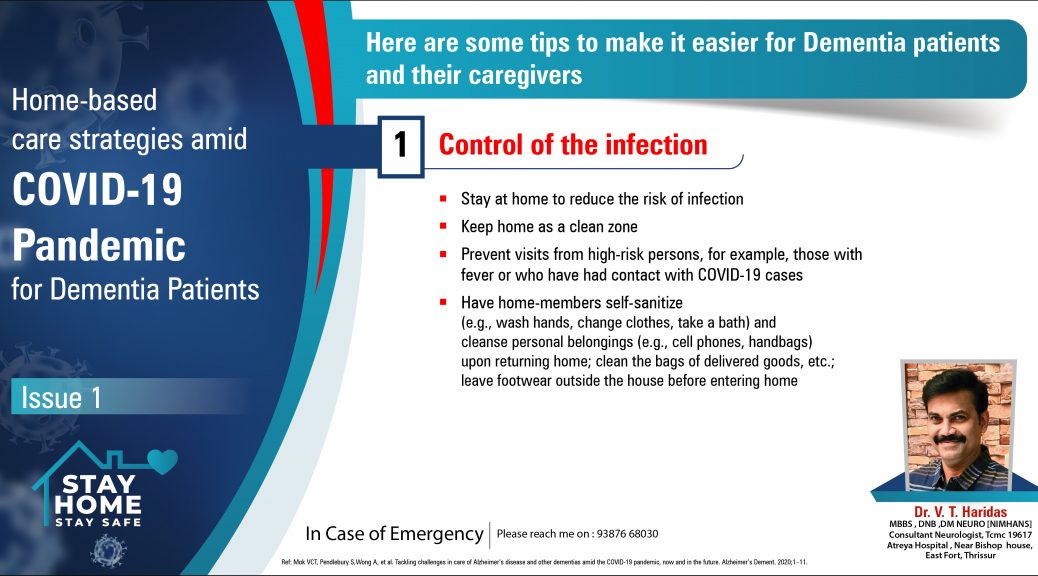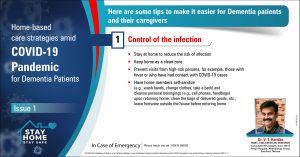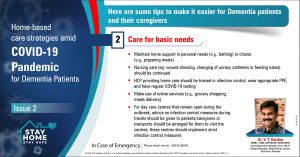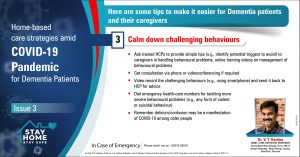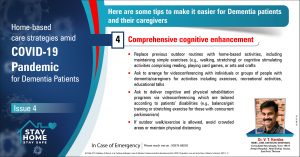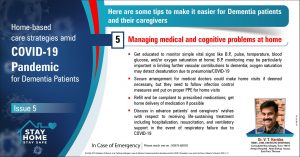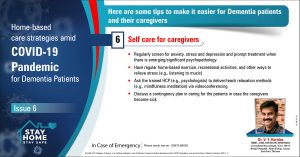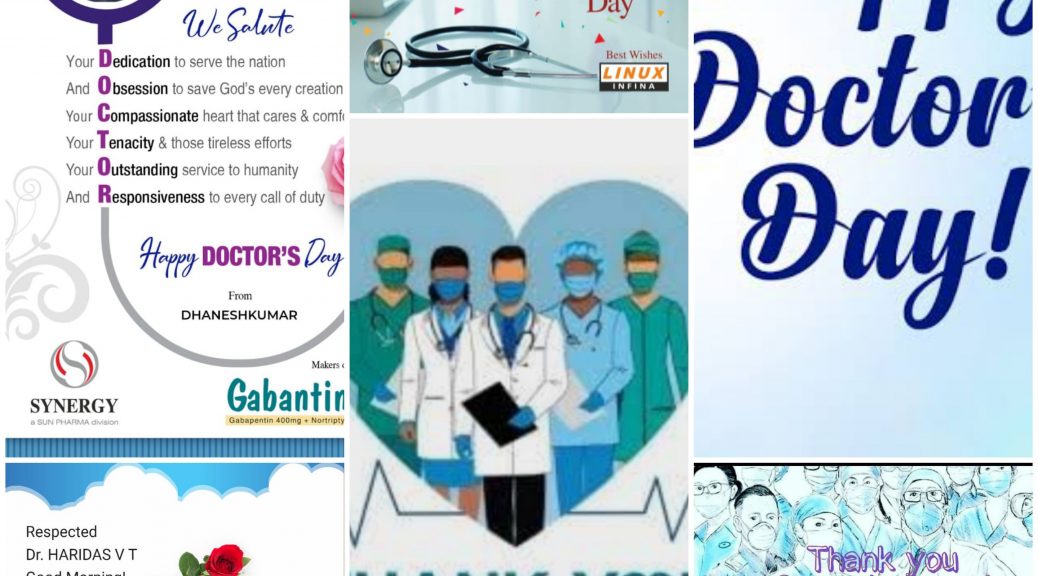Through the open window , looking towards the center of the city of Paris ,Felix Vicq d’Azyr could easily appreciate the reddish hue of the festive fire lighting up the evening sky . The festival of the supreme being was reaching the peak of frenzy. He felt a worsening of his breathlessness. Thousands of sandbags were on his chest.The white malady , tuberculosis ,was winning the final round of battle and he slowly slipped into delirium. There were pieces of dissected brain specimen , blurred faces of students – he was explaining a tract connecting the mamillary body to the thalamus – he could hear the boots of soldiers and loud thud of a guillotine .The French neuroscientist suddenly opened his eyes for one last time and then slipped back to eternal sleep.
5 years prior , the crowd of laborers and peasants were yelling their favorite war cry’ Liberte , egalite , fraternite [ liberty , equality, and fraternity] while the gates of Bastille came down. But never did they realize that it was not the end , but just the end of the beginning. What followed in France after that historic event on 14 July, 1789 was nothing short of utmost chaos . Rival factions of revolutionaries , royalists , militia with cross-border funding, revolting citizens , unleashed anti-socials – all those made France a cauldron of miseries , uncertainties, and sufferings .
Emerging from the whirlpool of civil unrest,was the fiercest of all -Maximillian Robespierre , the very man who coined the slogan’ liberty , equality and fraternity’. It is rather ironic that in the following years he never gave freedom of speech to his rivals, never considered anyone equal to him, and did not care for the lives of his fraternity. He had a busy time cornering all the loyalists and his rival revolutionaries . The guillotine worked round the clock and cobblestones of Concord square were always wet with blood. It’s said that the horses feared to tread into the square ,thanks to the disgusting smell of gallons of human blood shed in the name of revolution and reformation of society. And in a short span of one year, 17000 ‘enemies of the revolution ‘ were guillotined .
Waiting in dread for the sound of the boots of the revolutionary guards was the famous physician of the dethroned queen Marie Antoinette – Felix Vic day.He had a brilliant career as a teacher and physician and adorned the position of Perpetual secretary of French Royal Society of Medicine . Vicq d’Azyr had done original work in epidemiology and contagious diseases. What made him a scientist still remembered was his work on the brain.
With crude instruments and without a microscope , he keenly observed that 1300 gm of jelly-like off white organ placed in spirit jar and draw figures about its convolutions or gyri. He was the one who made us aware of the Substantia Nigra [ the part affected in Parkinsonism] and demonstrated the path connecting the Mamillary body and Thalamus. This tract forms an important component of the much talked about Papez circuit involved in our emotions and maintenance of memory.Many recognitions and accolades followed. And then came the most important one-the title of the Royal Physician to the Queen.
It was a well-known fact that the Queen , Mary Antoinette was holding the reigns of the country and was more powerful than the King. Becoming the Royal physician gave undue powers to Vicq d’ Azyr ; but , unfortunately, it was short-lived . The French Revolution led to a new order , even though there was nothing orderly about what ensued. Felix Vicq dAzyr did his best to support the the royal family and did not hesitate to publicly exhibit his faith in the monarchy; but he had a few supporters .All those who were connected with the royal house was viewed suspiciously ,branded as counter-revolutionaries , arrested unreasonably and guillotined immediately without any trial.Vic D azyr survived the initial turmoil , his services were appreciated and he was given a post to determine the future of study of Anatomy .
The emergence of Robespierre as the absolute power in 1793 and the reign of terror which followed took its toll on Vic d’Azyrs health . His nights were interrupted with nightmares filled with the metallic thud of guillotine and the sound of musket shots. He became sick and was diagnosed with tuberculosis and lived in constant fear of death by guillotine .
Meanwhile ,Robespierre was busy establishing his power and ideology. He was against atheism and wanted to reinstate the fear of God and immortality of the Soul.He successfully secured official acceptance to his theory of Supreme being and organised a mega event -the first festival of the supreme being. He dressed himself up in plumes and was there in the forefront of all celebrations on 20 June 1794.The massive celebration fire that was lit up reached the clouds . And on the same night , while the celebrations were dying down, the final curtains fell on the life of Vicq d’Azyr . Probably it came as a great relief for the 46 year old French Physician, it was a coup de grace for a petit royalist who had his slot assured on the guillotine table.
The fate spared Felix vicq d’ Azyr a death by guillotine , but not the one who used it to the maximum. One month later , on July 28 , 1794 when guillotine fell on Robespierre’s neck , he was just 36 yrs old and the revolution a mere five years.
And thanks to the mamillo-thalamic tract of Vicq d’Azyr ,all these events remain etched in our memory and constantly remind us that those who forget the history are condemned to repeat it.
DR VT HARIDAS , NEUROLOGIST , MEDHA NEUROCLINIC , THRISSUR , KERALA, INDIA


